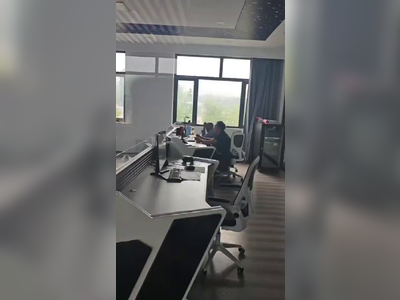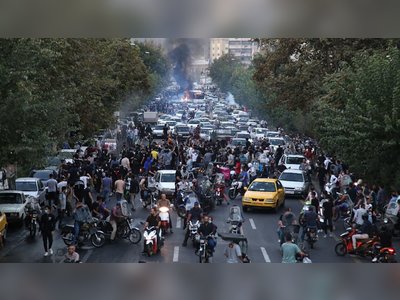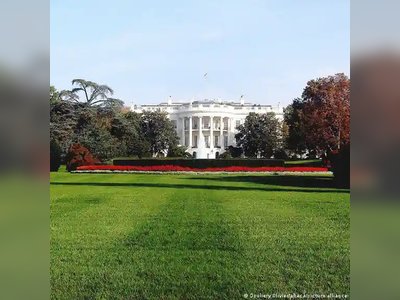The Dual-Weapon Crisis: Understanding Non-State Actors in Conflict
An exploration of the challenges posed by armed non-state actors to state sovereignty and governance in the Middle East.
The ongoing issue of the dual-weapon crisis epitomizes the complex political landscape in various regions, primarily characterized by the dynamics between state forces and armed non-state actors.
This duality of armed power creates ongoing tensions and conflicts that impede political stability.
In conventional terms, the state is defined by a system of legal rules derived from an assumed legal basis.
According to constitutional law, the components of a state consist of a populace, a defined territory, and political authority.
Thus, in keeping with modern constitutional frameworks, the state holds the exclusive right to possess and utilize military force to maintain security and defend its citizens, under the scope of constitutional law.
This exclusive ability means that the state is the singular entity entitled to exercise legitimate violence.
Conversely, the presence of non-state actors—armed groups that exist outside the structure of the organized state—poses considerable threats to the state's monopoly on violence.
Such groups are often colloquially referred to as 'militias' and are technically classified as 'non-state actors.'
The existence of these armed groups generates a division of power, a divergence of wills, and conflicting decision-making.
Critical decisions, such as those pertaining to regional alliances, war or peace strategies, and the management of internal conflicts with minorities or sects, are predominantly within the purview of the state, which, in theory, embodies the will of the populace.
It is widely accepted that no entity outside the state should unilaterally make consequential decisions that could endanger the country's welfare and subject its citizens to conflict and hardship without their consent.
This situation manifests particularly in regions where groups like Hamas in Palestine, Hezbollah in Lebanon, the Islamic State and al-Qaeda in Syria and Iraq, the Houthis in Yemen, the Popular Mobilization Forces in Iraq, and Islamic Jihad in the West Bank operate.
Following the escalation of conflicts after October 7, 2024, there has been an international consensus to reject engagement with armed militias that fall outside state authority.
This reiteration of the state's sovereignty in matters of legitimate force and decision-making emphasizes the challenges posed by these non-state entities on the international stage.
This duality of armed power creates ongoing tensions and conflicts that impede political stability.
In conventional terms, the state is defined by a system of legal rules derived from an assumed legal basis.
According to constitutional law, the components of a state consist of a populace, a defined territory, and political authority.
Thus, in keeping with modern constitutional frameworks, the state holds the exclusive right to possess and utilize military force to maintain security and defend its citizens, under the scope of constitutional law.
This exclusive ability means that the state is the singular entity entitled to exercise legitimate violence.
Conversely, the presence of non-state actors—armed groups that exist outside the structure of the organized state—poses considerable threats to the state's monopoly on violence.
Such groups are often colloquially referred to as 'militias' and are technically classified as 'non-state actors.'
The existence of these armed groups generates a division of power, a divergence of wills, and conflicting decision-making.
Critical decisions, such as those pertaining to regional alliances, war or peace strategies, and the management of internal conflicts with minorities or sects, are predominantly within the purview of the state, which, in theory, embodies the will of the populace.
It is widely accepted that no entity outside the state should unilaterally make consequential decisions that could endanger the country's welfare and subject its citizens to conflict and hardship without their consent.
This situation manifests particularly in regions where groups like Hamas in Palestine, Hezbollah in Lebanon, the Islamic State and al-Qaeda in Syria and Iraq, the Houthis in Yemen, the Popular Mobilization Forces in Iraq, and Islamic Jihad in the West Bank operate.
Following the escalation of conflicts after October 7, 2024, there has been an international consensus to reject engagement with armed militias that fall outside state authority.
This reiteration of the state's sovereignty in matters of legitimate force and decision-making emphasizes the challenges posed by these non-state entities on the international stage.











